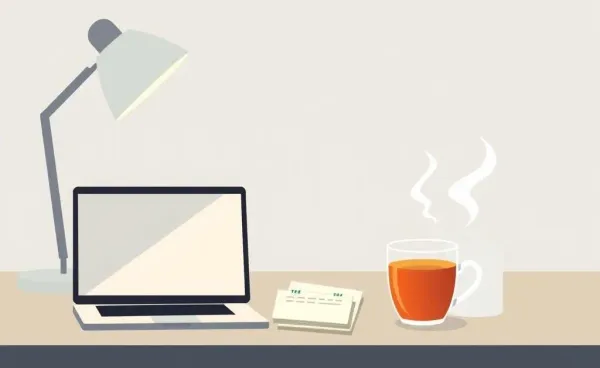When Does Early Retirement Start to Feel Normal?
Exploring the transition to normalcy in early retirement and strategies to make it feel real.

Ever wonder when early retirement starts feeling, well, normal? You're not alone. It's a journey many embark on, hoping to find a balance between free time and a fulfilling lifestyle. So, how long does it take for the novelty of early retirement to wear off and for it to become a seamless part of life?
Understanding the Transition
Imagine this: You're waking up not to the blaring sound of an alarm clock, but to the gentle light streaming through your window. This was Carla's new reality. She'd recently retired early and was thrilled at the prospect of having control over her days. Yet, excitement soon gave way to unexpected questions. Was this how it would feel permanently?
Identifying Key Transition Phases
It's common for early retirees to experience phases as they adjust. These can include:
- Honeymoon Phase: Excitement of newfound freedom.
- Adjustment Period: Realizing a new routine is needed.
- Stabilization: Settling into a sustainable lifestyle.
Carla found that bridging the gap between the first and second phase was essential. She immersed herself in hobbies and volunteer work that enriched her days while giving her a sense of purpose.
Finding New Routines
Adapting to early retirement often involves rediscovering passions or diving into new interests. Experts suggest re-evaluating your goals frequently. This helps create a dynamic lifestyle that's both enjoyable and engaging.
For instance, if you're into gardening like Carla, consider dedicating specific days to nurture your plants—or even join a community garden. The key is to maintain a combination of structure and spontaneity.
Navigating Financial Adjustments
Financial independence doesn't mean goodbye to budgeting. Many early retirees dedicate time each month to review their finances. Here's how you can manage:
- Track Spending: Ensure expenses align with your retirement plan.
- Rebalance Investments: Keep your portfolio adjusted for risk.
- Emergency Fund: Maintain a safety net for unexpected costs.

By staying on top of finances, Carla felt more secure in her decision and was able to enjoy her retirement with peace of mind.
Concluding Thoughts
Adjusting to early retirement can vary from person to person. The key is understanding that finding a new normal takes time, flexibility, and a bit of experimentation. If you could try any new hobby in retirement, what would it be?




